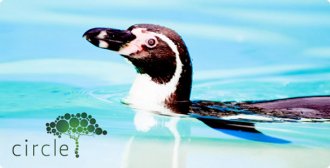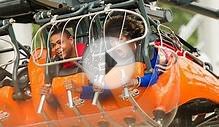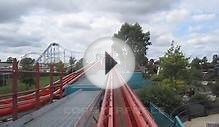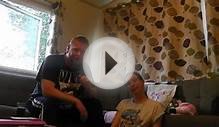
 The aim of CIRCLE is to carry out ground-breaking research that will go to the conservation of wild animals and places. We aim to get the results out in an accessible, interesting and fun way. The Flamingo Land Research Plan outlines a commitment to scientific research in all areas of the park’s activities, including enclosure design, animal behaviour, welfare, conservation, education and environmental sustainability.
The aim of CIRCLE is to carry out ground-breaking research that will go to the conservation of wild animals and places. We aim to get the results out in an accessible, interesting and fun way. The Flamingo Land Research Plan outlines a commitment to scientific research in all areas of the park’s activities, including enclosure design, animal behaviour, welfare, conservation, education and environmental sustainability.
CIRCLE has a growing team of researchers with expertise in biodiversity conservation, animal behaviour and education science. CIRCLE also offers highly competitive annual internships, providing early-career researchers with training in research methods, and an opportunity to design and carry out their own scientific study.
Tropical Forest Conservation
The longest-running CIRCLE research has focussed on tropical forests, through Flamingo Land’s Udzungwa Forest Project in Tanzania (East Africa). CIRCLE research is investigating how plant and animal species can be used for indicating forest health, while also testing methods for monitoring and managing conservation projects. Much of the research is focussed around primates, trees, and human livelihoods.
Zoo Exhibit Design
CIRCLE is developing methods for the evaluation and design of zoo exhibits. A prime example of this research is the design of Flamingo Land’s Penguin Coast. The Humboldt penguin occurs along the west coast of South America. Due to overfishing and climate change, their numbers have decreased over the last 30 years. CIRCLE research has determined the key enclosure design features for encouraging space-use, exercise and natural behaviour. Thanks to a huge pool and large colony size, the Flamingo Land penguins are now breeding and swimming more than ever before. The research continues...
Animal Diet
Nutrition plays a crucial role in the well being of an animal. The health, behaviour and ability to reproduce of an animal are all influenced by diet. CIRCLE researchers are undertaking a thorough review of the diets fed to every species of animal at Flamingo Land. Each diet will be assessed in terms of its nutritional content and energy. Zoo nutrition is an area of research that is rapidly growing and CIRCLE aims to contribute significantly to this important field.
Zoo Education
There are many ways that zoos attempt to get information on animals and their conservation across to their visitors, but there are few studies that have researched the best techniques. One key question for zoos is whether signs are effective at getting information across to visitors. Ongoing data collection by CIRCLE researchers is determining the rate at which visitors observe signs and how this is affected by graphic design and external influences such as animal activity.
Native Wildlife
Human impacts on the UK landscape have posed serious threats to British biodiversity and native wildlife. The 375 acre site at Flamingo Land has various areas of land set aside for conservation of native wildlife. This allows CIRCLE researchers to undertake a variety of projects aimed at supporting, monitoring and improving the native biodiversity of the site. This work includes the development of the Flamingo Land Biodiversity Action Plan. CIRCLE research activities include quantifying the carbon storage of the park’s trees and woodlands as a means to understanding how the carbon storage of the park compares to its emissions. Other projects include the planting of areas of woodlands and the development of a Sustainability Action Plan.
The Role of the Modern Zoo
Zoos have changed significantly over the last few decades, becoming centres of conservation, research and education. However, there are distinct differences between the quality and quantity of work done by individual zoos in these areas. CIRCLE research is investigating the involvement of zoos in conservation and research, as well as the factors that affect the quantity and quality of their research and conservation projects. It is hoped that this research can be used to help improve the contribution made by zoos to scientific research and the conservation of biodiversity.
YOU MIGHT ALSO LIKE












